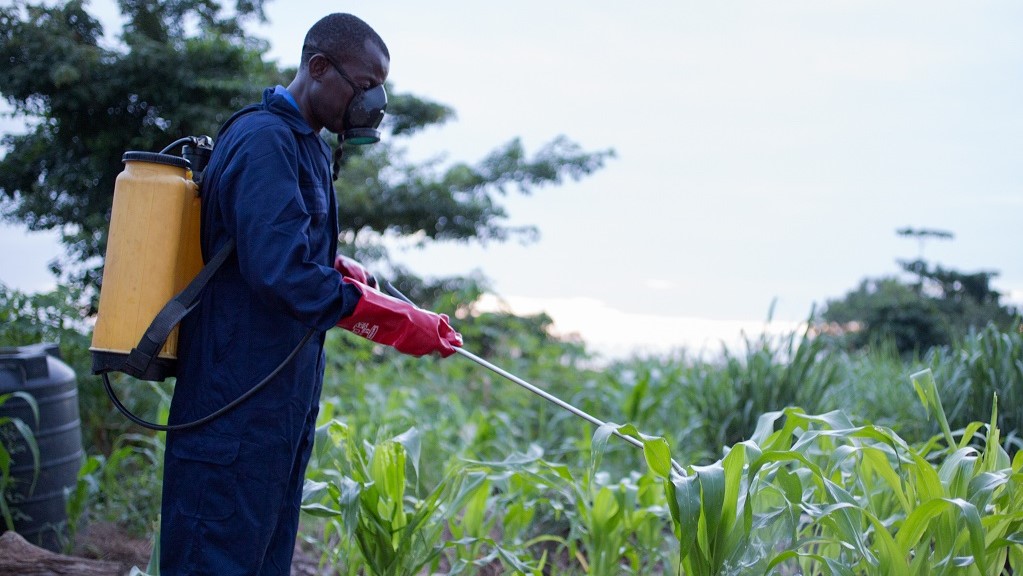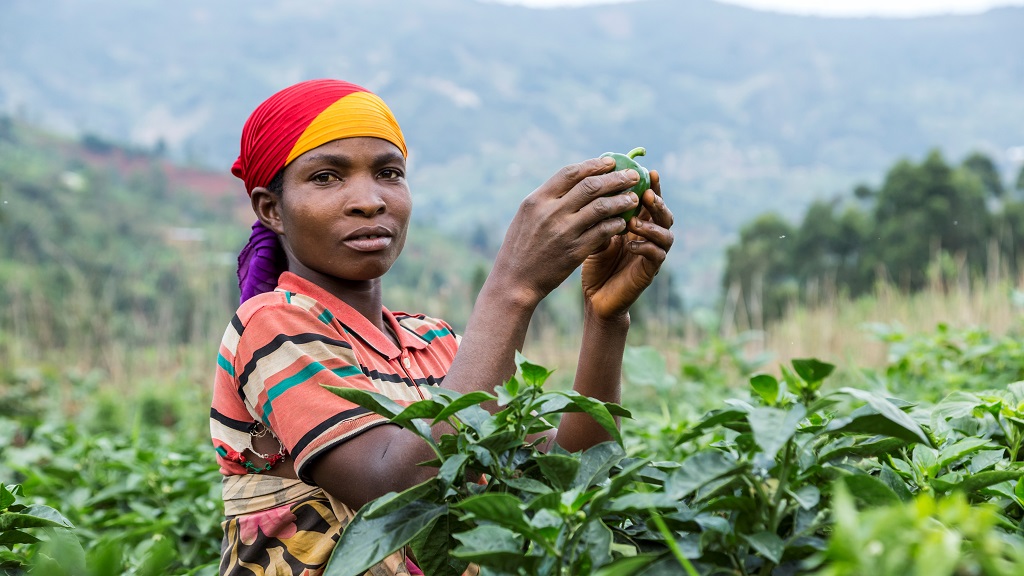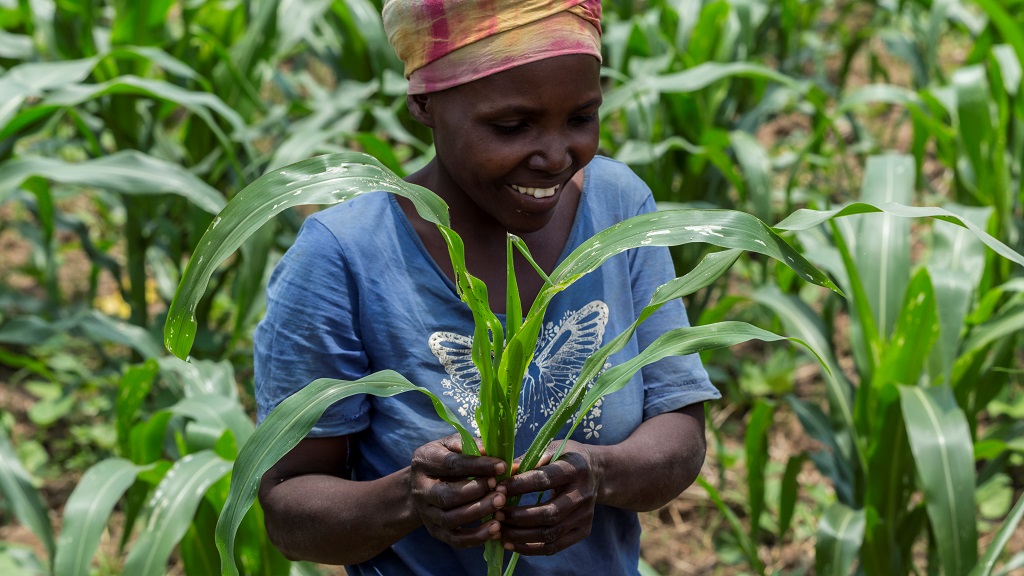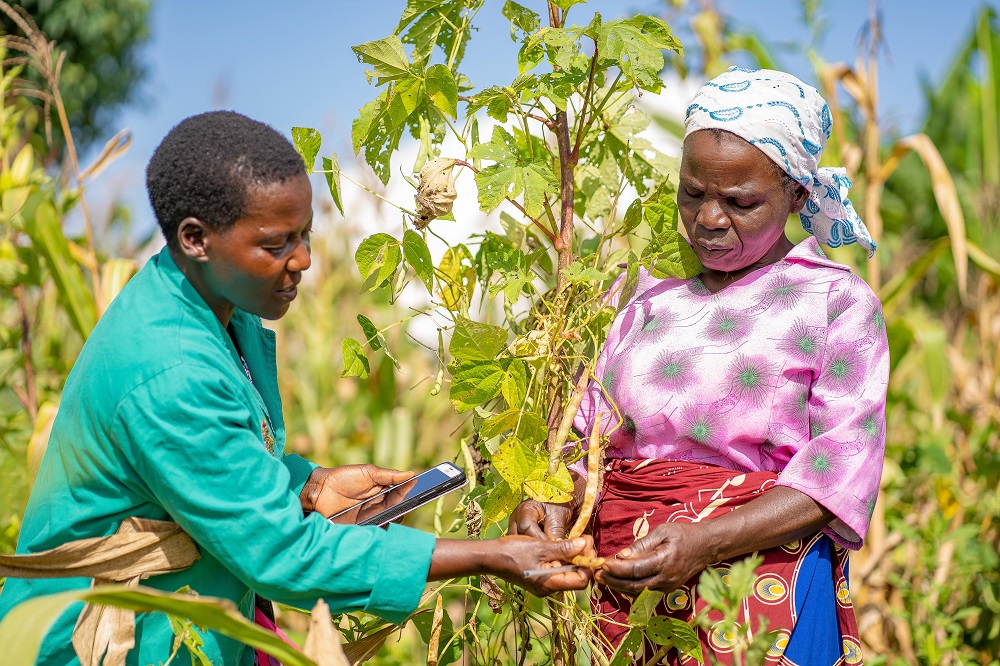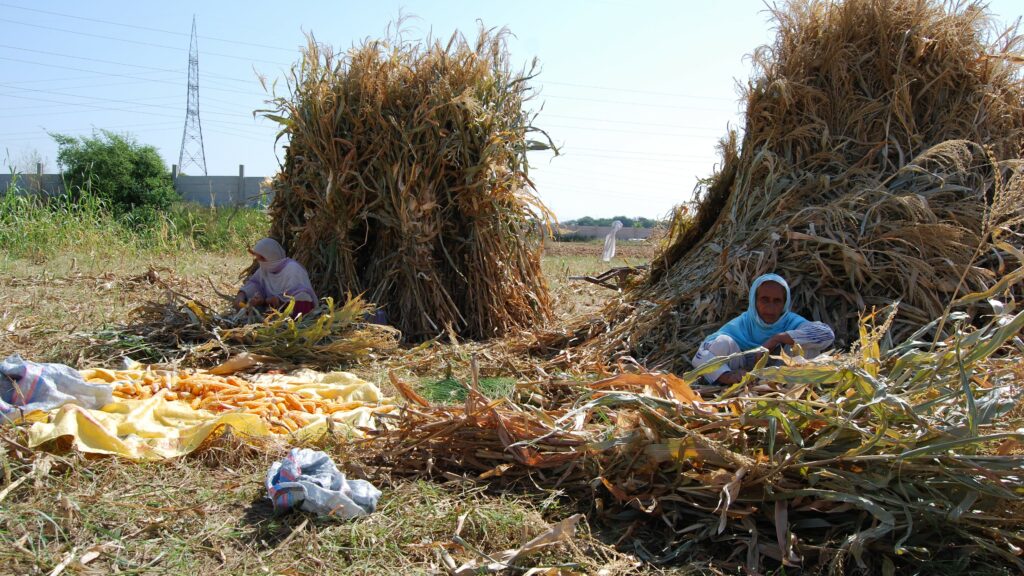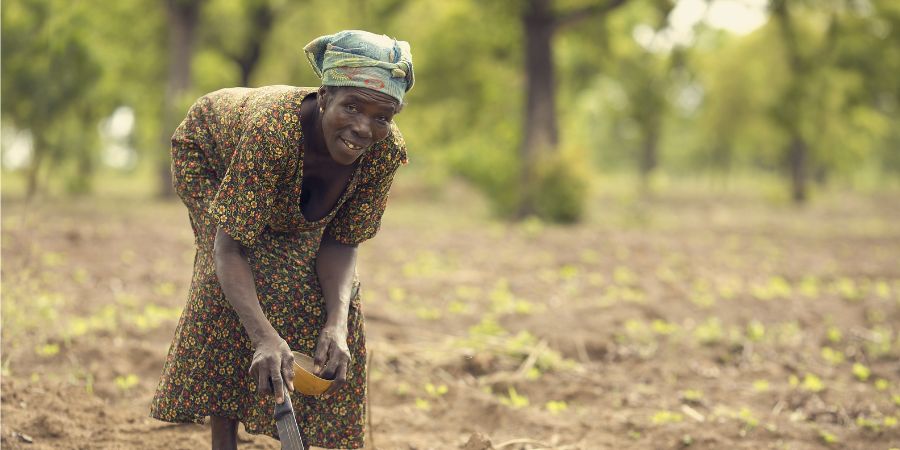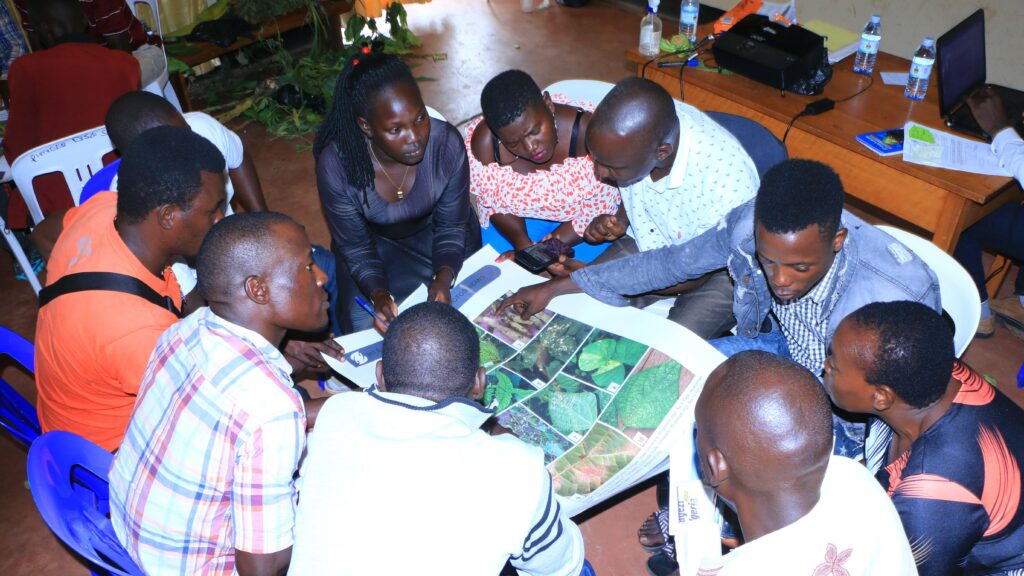How Jamaica is supporting young people in agriculture
“At first, I don’t think he wanted us in farming. He more wanted a nurse, or a flight attendant, or something like that.” Justine is a young farmer in Jamaica who initially faced resistance from her father. She and her siblings are now preparing to take over the family farm.
How young people are bringing nature-based solutions to farmers
Young spray service providers are changing environmental protection and food safety by offering natural alternatives to chemical pesticides. They’re changing farmers’ minds about the types of pest control they use. In this blog, we look at PlantwisePlus training in pesticide application and how the programme supports young people – the future of safer and more…
Why it’s important to prioritize unpaid care work in the agriculture sector
Gender norms often prevent women from entering into productive careers in agriculture. These norms are a type of social norm related to what communities believe men and women should and shouldn’t be doing. They’re shared beliefs about typical and appropriate behaviour in a group.
Overcoming gender barriers to tomato farming in Pakistan
Tomato is an important crop in Pakistan – every year, the country produces 4.2 million tonnes of tomatoes. Growing them can be labour intensive. But research shows that tomato production has the potential to generate good incomes for rural smallholders. This includes incomes for women farmers. In Pakistan, women account for over 60% of active…
How community conversations help to close the gender gap in Burundi
What are community conversations and how are they closing the gender gap in Burundi’s farming sector? The gender gap in agriculture is a big challenge. In low- and middle-income countries, women make up an average of 43% of the agricultural labour force. In Burundi, of all the time spent on agricultural work, women make up…
Embracing equity for women farmers
Women farmers make up around 43% of the agricultural labour force and produce over half of all food grown worldwide. Yet, when you picture a farmer, are they a woman? This year’s International Women’s Day theme is ‘embrace equity’ and its aim is to get the world talking about why equal opportunities aren’t enough. People…
Women farmers in Pakistan aren’t realising their potential – here’s why
Women farmers in Pakistan are finding it difficult to access agricultural support. The needs of male farmers dominate most advisory services and socio-cultural set up due to restricted mobility of women farmers. This is a challenge in many low- and middle-income countries. And it contributes to a gender gap in agricultural productivity. Women-managed farms are…
PlantwisePlus most read blogs of 2022
As 2022 draws to a close, we have crunched the numbers to present the most-read articles on the PlantwisePlus Blog this year. Plus a few firm favourites. Articles on the PlantwisePlus tools and plant doctor training across the globe were some of the most read during 2022, as were those covering the work Plantwise continues…
5 ways that youth agricultural training benefits young people in Uganda
Youth agricultural training is bringing hope to young people in Uganda. Here, youth unemployment is a significant crisis. Around 70% of unemployed people are youths. There are ample job opportunities in the agriculture sector. However, many youths lack the skills they need to secure careers in farming.


